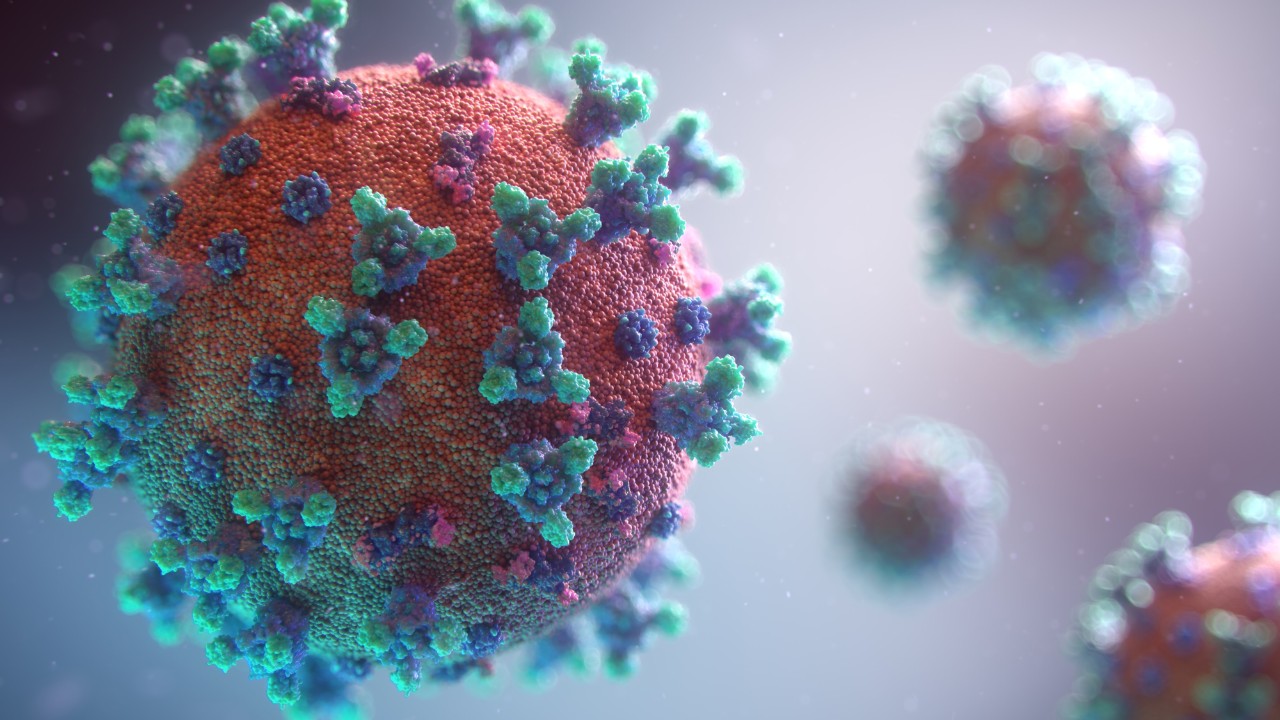
CNBC: Strange COVID-19 side effect makes things smell repulsive
UC rhinology expert explains parosmia
More and more stories are emerging of COVID-19 patients suffering from parosmia, which distorts a person's sense of smell. Many people report food smelling like garbage or sewage. In a story on CNBC on an 11-year old girl suffering from parosmia, Ahmad Sedaghat, MD, PhD, associate professor and director of the Division of Rhinology, Allergy and Anterior Skull Base Surgery in the UC College of Medicine, is featured as the medical expert explaining this unusual side effect of the virus.

Ahmad Sedaghat, MD, PhD, associate professor and director of the Division of Rhinology, Allergy and Anterior Skull Base Surgery in the UC College of Medicine/Photo/Colleen Kelley/UC Creative + Brand
"After COVID-19, which causes the death of some of our smell nerves, when those smell nerves start to regenerate and regrow, they don't necessarily wire to the right places in our brain," Sedaghat said.
He said usually what should be good smells are swapped with awful odors.
"If our smell nerves rewire in a off fashion, we err toward the side of smelling danger signals, rather than pleasant things," Sedaghat said. He also said that the fact that patients progress from a loss of smell and taste to being able to smell again is a step in the right direction.
"It's a sign of recovery, but we have to remember that this is a neurological injury," he says. "Recovery from a neurological injury is a slow process." He says most parosmia patients go on to recover in a few months.
Sedaghat was also interviewed by Eat This, Not That! for a story featuring Anthony Fauci, MD, Director of the National Institute of Allergy and Infectious Diseases that listed nine signs of a possible infection of the Delta variant of COVID-19. Sedaghat discussed the loss of the sense of smell as one symptom. See that coverage here.
Next Lives Here
The University of Cincinnati is classified as a Research 1 institution by the Carnegie Commission and is ranked in the National Science Foundation's Top-35 public research universities. UC's medical, graduate and undergraduate students and faculty investigate problems and innovate solutions with real-world impact. Next Lives Here.
Related Stories
Study: Platform-predicted treatments improve outcomes for...
April 4, 2025
Results from a new Phase 3 trial published in the journal npj Precision Oncology found that an assay that includes an assessment of cancer stem cell sensitivity to chemotherapy can accurately decide more effective treatments and lead to increased outcomes for patients with platinum-resistant ovarian cancer.
Hands-on experiences, real-world impact
April 3, 2025
Second-year medical sciences student Jay Patel is pursuing his passions at UC — conducting cancer research, exploring public policy as a Portman Fellow, and leading an international nonprofit foundation.
Bradford pear trees look pretty, smell awful. Why are they...
April 2, 2025
WLWT talks to UC biology Professor Theresa Culley about Ohio's ban on the sale or planting of nonnative and invasive pear trees. The trees are showing up in many parks and wild areas where they are crowding out native species.
